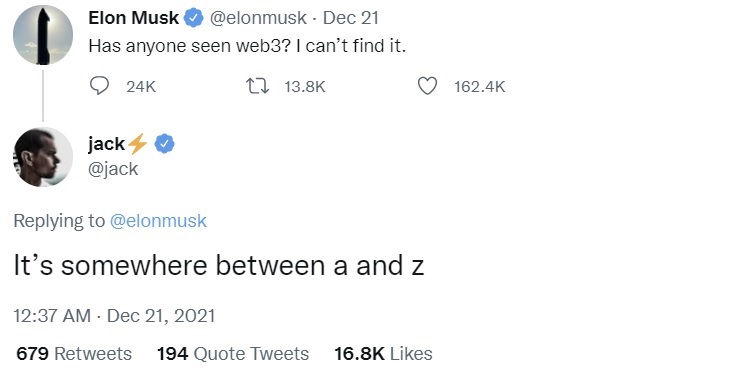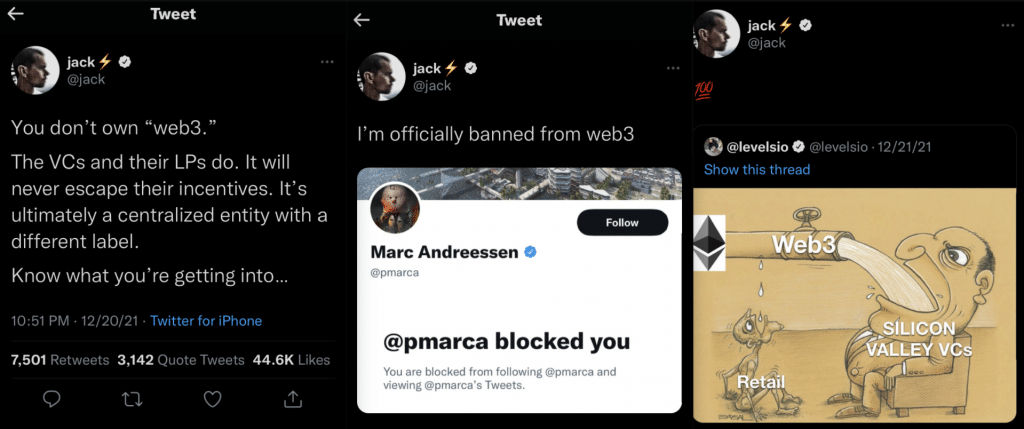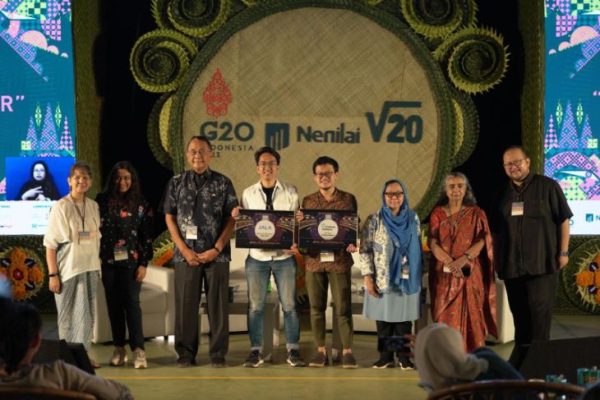Powerful venture capital giants Andreessen Horowitz have followed in the footsteps of FTX and Binance and published their own wishlist of 10 principles that they hope world leaders can adopt when dealing with the regulation of nascent new technology field Web 3.0, also known as the Semantic Web.
A16z, as they’re often referred to, said in a recent blog post that the year 2021 marked a watershed moment for web3 where significant numbers of policymakers began to understand the potential of web3 to “democratize access to opportunity, provide individuals with more control of their data, and build a better internet.
Many of these leaders will work in 2022 to create legal and regulatory architecture to sustain the broad adoption of web3 platforms.
While this is positive news, it is still very unclear which countries and regions will emerge as winners in the global competition to leverage web3 to power more dynamic institutions and economies. Officials on each continent who are looking to build responsible web3 policy frameworks to benefit the communities they serve, must face the challenge of delivering on the extraordinary promise of web3 while mitigating the real risks that accompany the deployment of such a new technology.
To help provide guidance, Andreessen Horowitz has released a list of 10 principles for world leaders shaping the future of web3, in a blog post titled “How to Build a Better Internet: 10 Principles for World leaders Shaping the Future of Web3”. These recommendations have emerged from “discussions with stakeholders in the public sector, private sector, and civil society who are on the front lines of innovation and policy”, and cover areas such DAOs, governance, open-source technology, regulations, tax rules, and economic benefits.
Specifically, A16z’s agenda recommends that governments should:
- Establish a clear vision to foster decentralized digital infrastructure
- Embrace multi-stakeholder approaches to governance and regulation
- Create targeted, risk-calibrated oversight regimes for different web3 activities
- Foster innovation with composability, open source code, and the power of open communities
- Broaden access to the economic benefits of the innovation economy
- Unlock the potential of DAOs
- Deploy web3 to further sustainability goals
- Embrace the role of well-regulated stablecoins in financial inclusion and innovation
- Collaborate with other nations to harmonize standards and regulatory frameworks
- Provide clear, fair tax rules for the reporting of digital assets, and leverage technical solutions for tax compliance
Interestingly, Andreessen Horowitz recently came under fire from Tesla chief Elon Musk and ex-Twitter CEO and Block (formerly Square) founder Jack Dorsey who criticized the institution and fellow VCs for essentially monopolizing the young Web 3 development space.

The social media melodrama finally resulted in A16z founder and early Internet pioneer Marc Andreessen blocking Dorsey on Twitter.

Whether Andreessen Horowitz’s 10 principles declaration is an earnest attempt to help guide regulators towards sensible Web3 regulation, or partly a brand-restoring exercise after the public spat with Web 3 critic Dorsey, remains to be seen. However, there is no doubt that big industry players like A16z should provide as much guidance and mentorship to both regulators and the young DeFi and Web 3.0 industries as possible.


